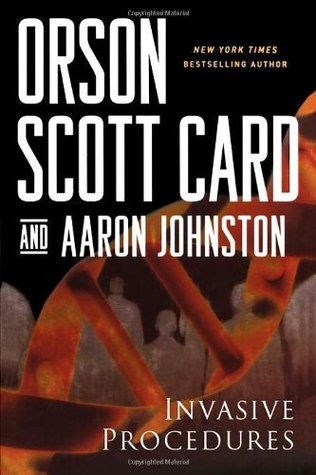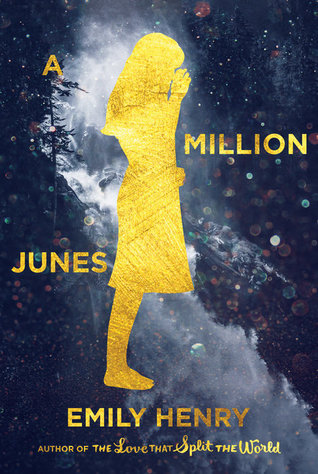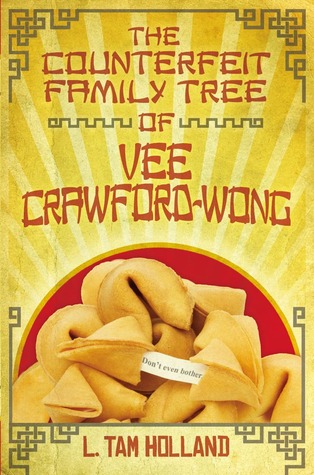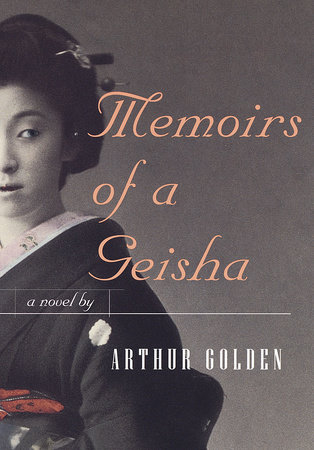Date Finished: December 11, 2017
Page Count: 346
Genre: Science Fiction/Thriller
This book
is amazing, possibly the best novel I’ve read all semester along with Eliza and her Monsters by Francesca Zappia and Dorothy Must Die by Danielle Paige
(they’re all different genres so I can’t just choose one now can I?). Invasive Procedures by Orson Scott Card
and Aaron Johnston wasn’t shoulder deep in romance-something I’ve been hoping
for some time after so many romance drenched novels-rather filling its pages
with tons of action packed, suspenseful moments with just the right amounts of
plot mixed in. Some of the parts were so intense and vividly written that I
could hear the Attack on Titan ost playing
in my head. I think it’s safe to say that someone is totally experiencing something
intense and amazing when there’s AoT
music playing in their heads, but I digress, there were tons of other things I
enjoyed about the book and I plan to touch up on all the fun that I remember
(because there was a lot I liked about this book).
The main
antagonist of this book was the leader of a religious cult named George Galen who
was going about illegally engineering viruses made for a certain person meant
to cure a genetic disease they had. This was what had initially convinced me to
check out the book, but surprisingly I had somehow missed (or perhaps forgotten
seeing that I began to read it a couple weeks after I checked it out) the part
about the religious cult. Don’t get me wrong, I don’t have anything against
that being a trait of the main antagonist, it’s just a bit abnormal. I’ve never
(or at the very least hardly ever) come across a group of antagonist who were a
religious cult who was trying to do some “good” in the world, so the idea seems
rather unique to me. Personally I enjoyed this choice as it seems as though in
this society here we try to make things as universally appealing to people of
all cultures we often try to through shade on religion, acting as if it doesn’t
exist. Maybe this is a bigger issue to me rather than the whole world, but it’s
as if anything oriented towards one religion was glossed over for everybody or completely
ignored. Nevertheless, my feelings are slightly off topic form the book so
yeah, I like the uniqueness of the religious cult as most people don’t have the
guts to do something like that.
Then you
have the other big thing about the book, the main character, Frank Hartman. The
first thing I thought of when reading his name was Hartmann’s Youkai Girl which made me go a little crazy inside for a
second, but after thinking things over I got reminded of some medical Hartmann
I read about on Wikipedia some time ago (maybe), but first misgivings aside I
was biased about Frank the moment I learned what his last name was. Overall
Frank was an average guy. Nothing extraordinary, nothing too boring, relatable
in every way. I thought he’d remain that way, something pristine who would
survive the vicious attack of the Healers, but nope, dude got stuck right in
the crossfire of the conflict and received a heart transplant form Galen to become
one of his living clones to spread his message/take over the world. I honestly
didn’t expect him to get in such a crappy situation, and started fearing for
his life once he realized what had happened, but it was a great move on the writer’s
part as it added to the suspense for me and raised the stakes to a much more
thrilling and enticing level. I also enjoyed the fatherly figure Frank was to
Wyatt and the way his life ended up at the end of the book. Also, there there’s
Frank and Monica, like how dare you make it seem like they have feelings for
each other only to never explore it in depth. I am both impressed and upset
about this.
Galen was
the guy I love to hate, an insane villain in every way, yet so sure he was doing
everything for the good of the public. Of course his work was purely selfish,
meant to bring him back to life in a young body, but that totally failed and
gave birth to Nick-Galen, Hal-Galen, and Dolores-Galen. Hal-Galen had to be the
best villain as he had all of Galen’s intelligence but was crude and hateful
towards the Healers and the other members of Galen’s supposed Counsel. Hal not
reborn as Galen was the other character I loved to hate as he was so selfish
and messed up the attempts of the other vessels to escape their captors and it
was fitting to see him loose himself and die at the hands of a fire. A more aggressive
and rude version of Galen, but a welcome touch to the lunacy the original had
that brought a fresh twist to the plot.
Other
character that were notable were Monica and Wyatt, who I just couldn’t help but
pity due to being held hostage and dragged into all the crazy stuff, Lichen,
the speedy Healer who had some of the strongest faith that he was doing good
for the world and held doubt for the reborn Galens, Peeps, who brought a
younger perspective to the group and at the same time some more relaxed and
comical moments, Byron, who was another vessel and actually tried to keep
things together, and agent Hernandez who always seemed to appear at the right
times to kick butt when she appeared in the book. There are actually far too
many characters to give a shout out to for this book, so I just had to chooses
the ones that stood out the most to me and mention a bit that I like a lot
about their character. The entire cast was phenomenal and so realistic I could
visualize them in my mind’s eye and almost even touch them. Heck, I was almost
going to draw a picture for this book with some of the characters because they
seemed so real to me but I just haven’t had to motivation (or the time to tell
the truth) so I do apologize for that. Each member of the story contributed to
the plot in such a way that it enhanced the story tenfold while keeping
everything real in a surreal way that I absolutely love about the book.
As for the
plot there’s not much to say other than that I loved it. This may sound crazy,
but when I graduate from college I want to become a genetic counselor so the
genetic aspect was super appealing. Engineering a virus to cure genetic
diseases that melts people’s faces off if they come into contact with a virus
that isn’t meant for them? Curious. Having the villains being the ones administrating
the cure not out of the goodness of their hearts but to convert people to their
religion and join their cause? Even more curious. Having bodybuilding, pain
resistant macho dudes with super strong healing abilities fight the
protagonist? Aw yeah, let’s do it. Organ transplants and microchips that
connect to the nerves to slowly change a person’s genetic structure into
someone else’s and give them the mind of that person? This is everything I
never knew I wanted. But if I had to pick out a favorite absurd ability of the people
it’d have to be curing genetic diseases. Now if I were able to do that efficiently
I’d be set for life and probably go down as one of the best geneticist in
history. Such a wonderful dream to have for bettering humanity, but I think I’d
rather take action to make such a dream reality *stares off into the sunset in
a metacognitive way*.
Overall, fabulous
book, it was super suspenseful with lots of action and great characters and I
was able to keep engaged the entire time I was reading it. The book might be far
more interesting to read if you’re interested in genetics or health in any sort
of way but I think this book can be a great read for anyone. I can’t really
think of a single person who wouldn’t’ enjoy this book for the most part although,
when I looked up reviews apparently the majority of people didn’t like this
book because it was predictable, unless you find extreme violence, deaths
and people getting their faces melted, and bodies getting hashed puke worthy. Don’t
read the book if you don’t like those things because it happens quite a few
times through the course of the plot. With that all said and done, go pick up a
copy of the book at your library and anticipate another book review coming out
in the next few days!











